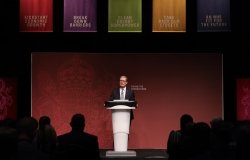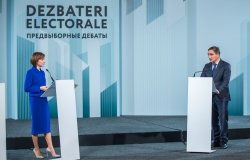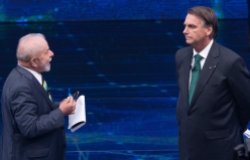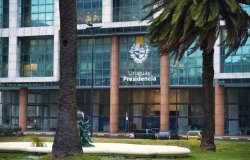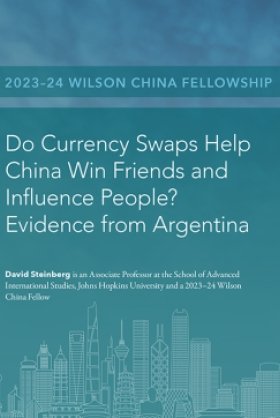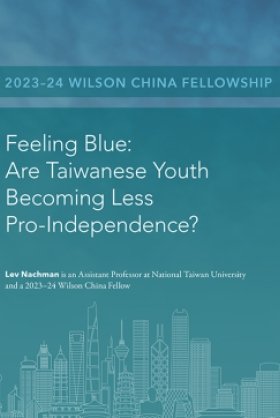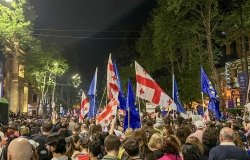Austrians doubling down on neutrality means European security faces uphill battle
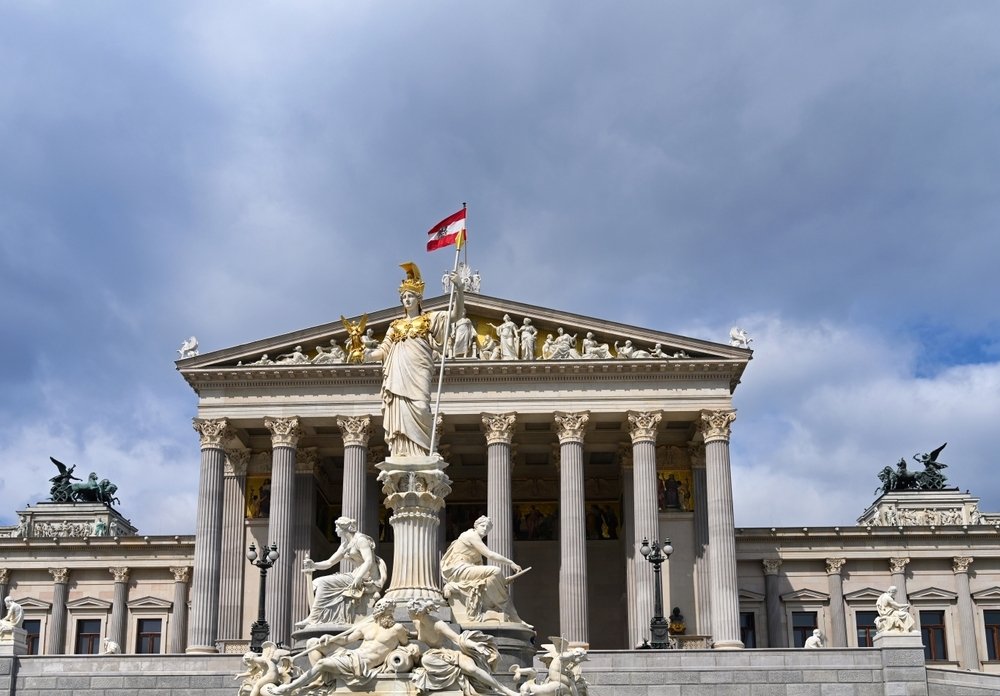
In the new European security environment that has emerged since the full-scale Russian invasion of Ukraine in 2022, many European nations and political parties have found themselves radically re-evaluating their stance on Russia. But with the results of Sunday’s parliamentary elections, it seems Austrian voters are instead opting to double down in the opposite direction. By voting the far-right, Russia-friendly Austrian Freedom Party (FPÖ) into the top spot for the first time in history, the impact of these results is likely to be felt not just in Austria but in Ukraine, Brussels, and beyond.
To understand Austria’s right-wing turn, it is essential to grasp the Austrian policy of neutrality after World War II. In many ways, Austria’s approach resembled that of other neutral nations during the Cold War. Like Sweden, who had been militarily non-aligned long before WW2, and Finland, which treaded a fine line toward closer relations with the west without provoking the Soviet Union, Austria used its neutral status as a tool for easing tensions between the eastern and western blocs, actively being involved in the formation of the OSCE and eventually hosting its headquarters in Vienna. But behind the scenes, there was an important divergence that kept growing as the Soviet Union collapsed. Whereas Sweden, and especially Finland, continued to be wary of the Russian threat they had spent the Cold War actively deterring against, Austria saw new opportunities.
For Austrians, neutrality gradually transformed from a necessity into an essential part of their national identity. This particular brand of neutrality did not, however, prevent the country from scoring deals in cheap Russian gas and accepting lucrative investments by Russian oligarchs, despite the fact that these ties hardly can be described as politically non-charged. Similarly, joining the EU was seen first and foremost as an economic opportunity, which was perceived not to interfere with the continuation of military neutrality and close relations to Russia. Membership in NATO, meanwhile, was never seriously considered.
Behind the scenes, there was an important divergence that kept growing as the Soviet Union collapsed. Whereas Sweden, and especially Finland, continued to be wary of the Russian threat they had spent the Cold War actively deterring against, Austria saw new opportunities.
By the time the full-scale Russian invasion of Ukraine took place, this mindset of self-serving neutrality without considerations for the long-term reliability of trading partners had made Austria dangerously entangled in Russia’s web of influence. Even two years after the full-scale Russian invasion of Ukraine, Austria is still dependent on Russia for 95% of its gas consumption and the country’s second biggest bank is struggling to curb its significant ties with Russia. But despite the continued problematic relation and the numerous well-documented war crimes committed by Russian soldiers in Ukraine, the support for continued military non-alignment has not budged. This shows just how deeply ingrained neutrality has become among the Austrian people: to date, only the minor liberal NEOS party officially supports changing the constitution to enable entry into NATO, with the rest clinging to military neutrality even in times of armed conflict in Europe.
The Freedom Party has spent the last few years capitalizing on this mindset. Whereas many European far-right parties have distanced themselves from Russia since the full-scale invasion, the FPÖ has refused to unequivocally come out against Putin. Instead, in an election where inflation has emerged as the top concern among voters and dissatisfaction with the ruling coalition is prevalent, the FPÖ has seized the opportunity to blame both aid packages to Ukraine as well as sanctions on Russia for citizens’ economic woes, while simultaneously claiming they violate neutrality. And that strategy seems to have worked, with FPÖ reaching its best results ever in a parliamentary election.
Whether or not the FPÖ will be able to form a cabinet is still unclear. This is largely up to the center-right People’s Party (ÖVP), which is the FPÖ’s only realistic coalition partner. While the ÖVP has ruled out taking part in a government under party leader Herbert Kickl, who is perceived to be significantly more radical than his predecessors, they have not ruled out governing with the FPÖ altogether. However, so far Kickl has shown no willingness to step aside. While the parties are largely aligned on certain policy areas such as immigration and taxes, negotiations will likely stretch out as neither side is likely to want to give in on their starkly contrasting views regarding the influence of the European Union, Russia, and support for Ukraine. On the other hand, the ÖVP could try to hold on to the prime ministership by forming a grand coalition together with the Social Democrats and the liberal NEOS, sidelining the FPÖ altogether.
By the time the full-scale Russian invasion of Ukraine took place, this mindset of self-serving neutrality without considerations for the long-term reliability of trading partners had made Austria dangerously entangled in Russia’s web of influence.
If the FPÖ does manage to form a cabinet, though, the implications for the rest of Europe are clear. An FPÖ government will likely look towards joining its two neighbors, Hungary and Slovakia, to form a regional triangle of dissent on EU policy both regarding Ukraine and more broadly. Add the Netherlands to the mix, with its most right-wing government to date, and together their ability to water down, potentially block legislation, or use blackmail tactics on the rest of the EU will be hard to ignore, especially in the European Council.
In addition, an FPÖ-led Austria poses a very real security risk in itself. FPÖ’s ties to Russia run exceptionally deep: after the annexation of Crimea, the party signed a formal agreement of partnership with Putin’s United Russia Party. Last time the FPÖ was in government, during the first Kurz administration from 2017 to 2019, the country’s intelligence agency was considered so infiltrated by Russia that Austria was all but completely cut off from Europe’s intelligence networks. The minister of the interior at the time, who ultimately controls the agency, was current party leader Kickl. In 2019, the government’s tenure was cut short after FPÖ’s then-leader, Heinz-Christian Strache, was exposed trying to sell political influence to someone he believed to be the niece of a Russian oligarch. Karin Kneissl, the foreign minister at the time, moved to Russia in 2023 to work for a Kremlin-aligned think-tank. Since then, nothing points toward these relationships weakening, and their depths are unknown. On the contrary, the Russian spy presence in Vienna has nearly doubled since 2022, cementing the city’s status as an important base for Russian clandestine intelligence and hybrid operations in the EU. A government led by the FPÖ is unlikely to address this threat in any meaningful way, posing significant challenges to European security.
Overall, regardless of the structure of the coming cabinet, there is likely to be uncertainty ahead. Whether the head of government comes from FPÖ, ÖVP, or outside of politics altogether (like in the Netherlands), any coalition that can be formed based on Sunday’s results is likely to be ripe with internal power struggles, contentious differences on policy positions, and a general sense of instability. More broadly, Austria’s unwillingness to face the new political reality and preference to instead dig its head further into the sand will not just affect its domestic situation but also the security of Ukraine, the EU, and the rest of Europe. While Austrian neutrality has long been an obstacle to a robust European policy on Russia, the rise of the FPÖ is likely to complicate things even further.
About the Author


Global Europe Program
The Global Europe Program is focused on Europe’s capabilities, and how it engages on critical global issues. We investigate European approaches to critical global issues. We examine Europe’s relations with Russia and Eurasia, China and the Indo-Pacific, the Middle East and Africa. Our initiatives include “Ukraine in Europe” – an examination of what it will take to make Ukraine’s European future a reality. But we also examine the role of NATO, the European Union and the OSCE, Europe’s energy security, transatlantic trade disputes, and challenges to democracy. The Global Europe Program’s staff, scholars-in-residence, and Global Fellows participate in seminars, policy study groups, and international conferences to provide analytical recommendations to policy makers and the media. Read more



